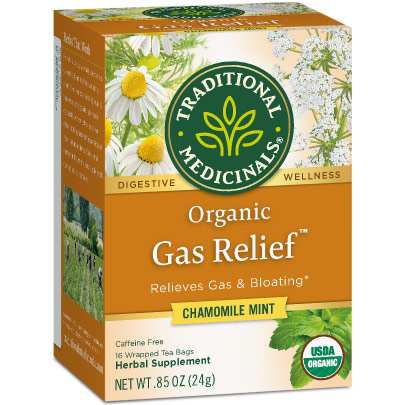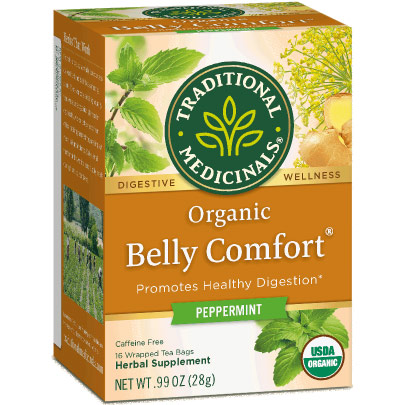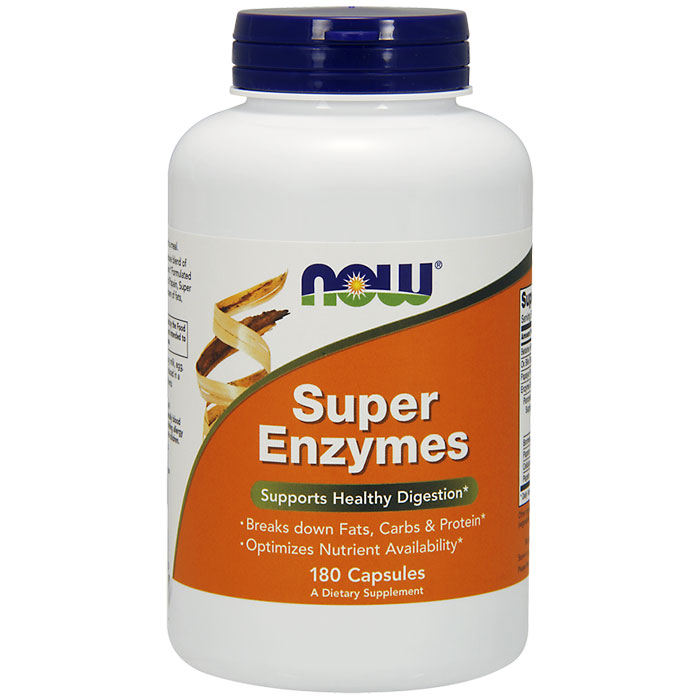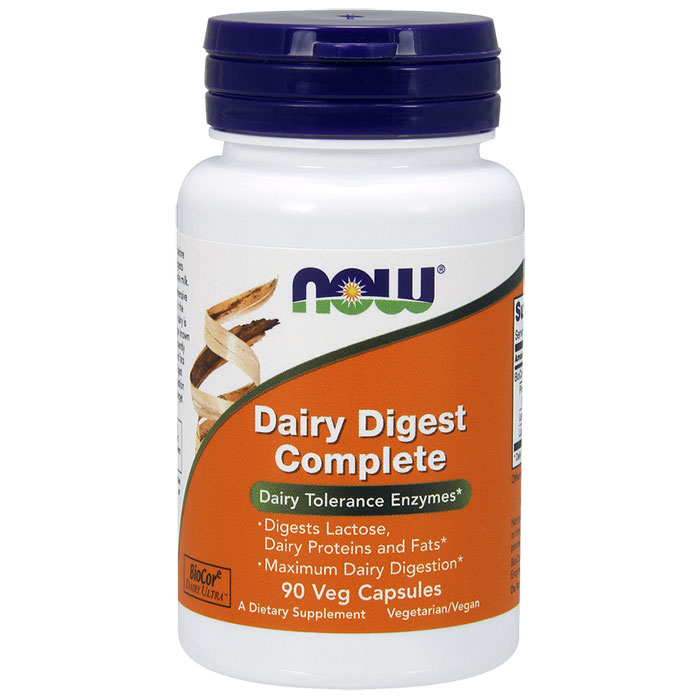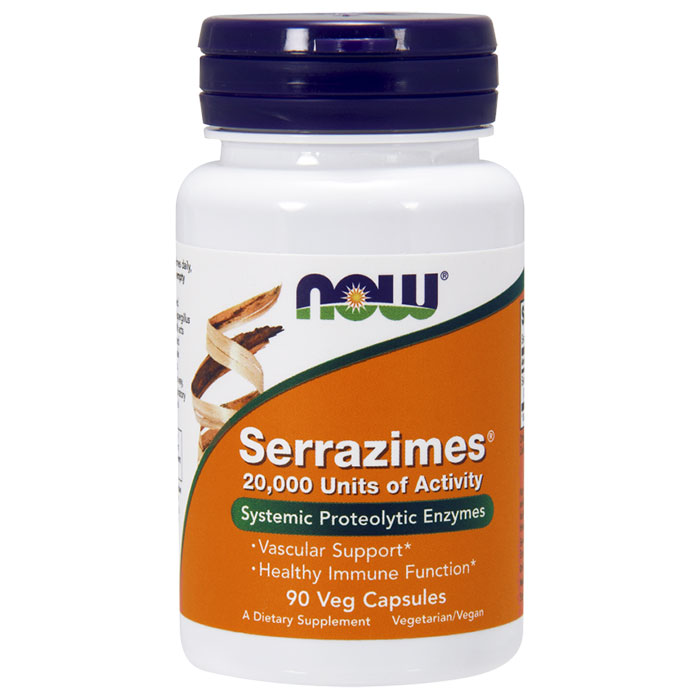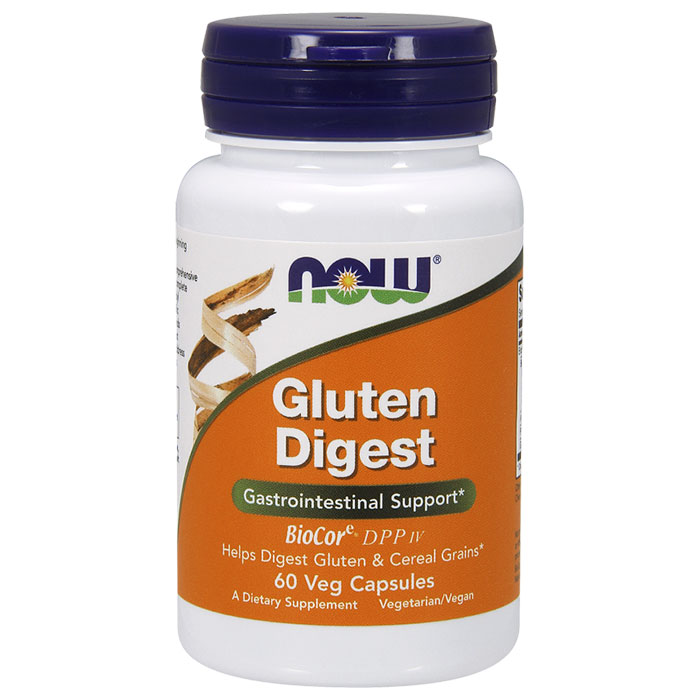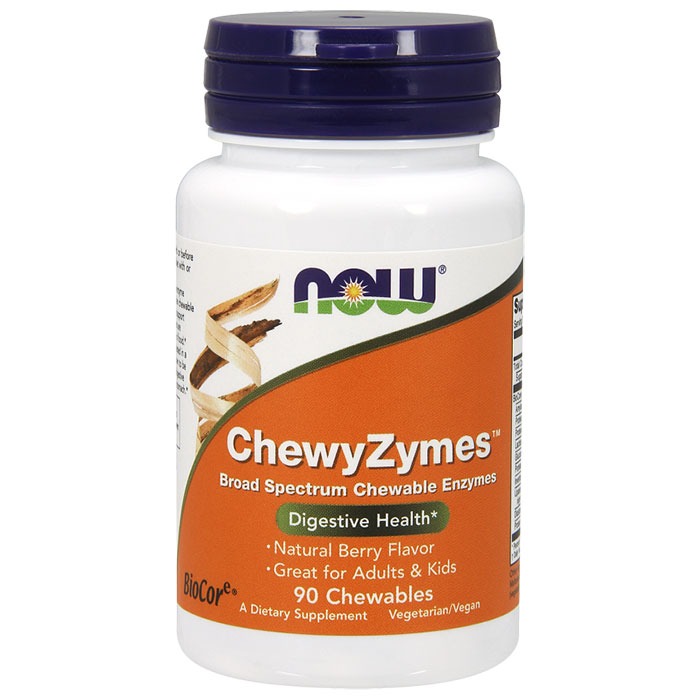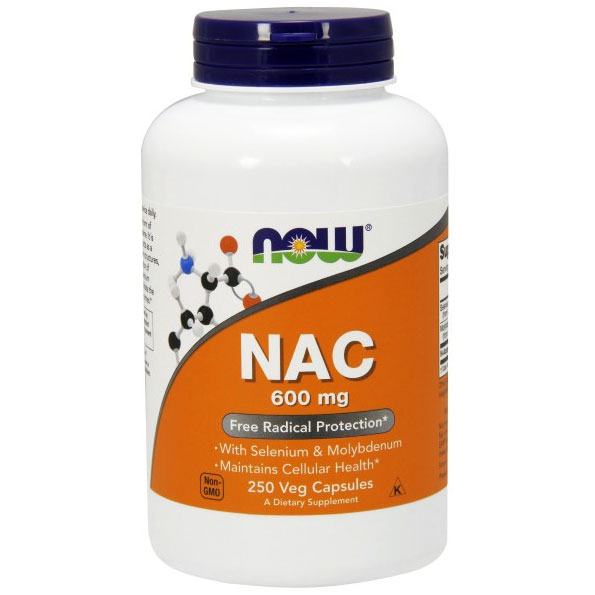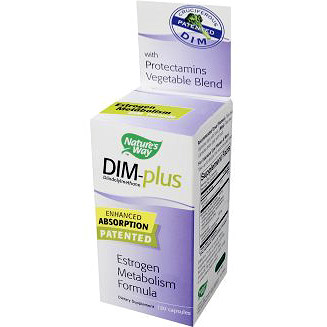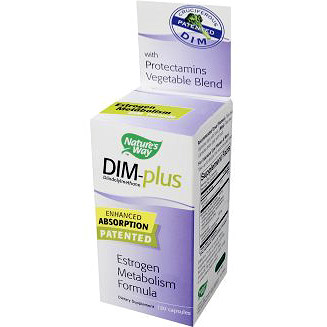Featured Items
With the holiday season upon us, food is everywhere. From festive holiday parties to dinners with friends and family, let’s face it, this time of year tends to center around food. And, it is perfectly OK to indulge on occasion, sans the guilt, without gaining weight. The trick is to enjoy what you are eating, and to eat mindfully while avoiding overindulging and gaining weight in the process.
For the good news, according to research published in the Journal of the Academy of Nutrition and Dietetics, Americans, on average, gain just about one pound during the holiday season, with overweight individuals gaining a bit more. This is really not too bad, as long as we keep it to just one pound and get back on track come the New Year.
To help avoid gaining weight this holiday season while also enjoying your favorite foods, here are some strategies that I have used successfully with clients that I counsel in my nutrition practice.
1. Eat healthy MOST of the time.
Make healthy low-calorie choices when you can and do not waste calories nibbling at home while watching TV. Celebrate only at a holiday dinner party or during a holiday event. Plan your day and even plan for your occasional splurge.
2. Eat what you LOVE.
Do not waste calories overeating on cookies and junk food that you do not like just because they are sitting there or because someone else is eating them. Save your extra calories for special foods you enjoy during this time of year.
3. Mind your PORTIONS.
What I love about portion control is that you can still indulge in your favorite foods instead of banning them completely. And you do not have to eat tiny portions. The trick is to eat larger portions of healthy foods balanced with smaller portions of more indulgent and high-calorie choices.
4. Try eating off of RED plates.
Red is a festive color and red plates certainly go with the season. New research published in the journal Appetite found that we eat less when eating food on a red plate. Subjects who were given pretzels on a red plate ate significantly less than those given pretzels on a blue or white plate. Who knew? Certainly worth a try. The authors suggest that the color red may work as a subtle stop signal (like a red traffic light) which may guide us to reduce our intake.
5. Eat MORE fruits and veggies.
High in fiber, rich in nutrients, and low in calories, enjoying colorful fruits and vegetables is a win-win. Try filling half of your plate with fruits or vegetables at each meal.
6. Limit LIQUID calories.
When we drink our calories instead of eat them, we do not tend to register fullness and we often end up consuming extra unnecessary calories. For example, we often eat a bag of chips with the soda we are guzzling down. And liquid calories such as soda are pure empty calories. Many alcoholic drinks also tend to be high in calories and drinking tends to decrease our resistance to temptations. It is OK to enjoy an occasional glass of red wine, or white wine spritzer, but best to have the drink with dinner and not on an empty stomach. And, fill up on water or seltzer, both calorie free, before your meal.
7. Keep up your EXERCISE routine.
Choose an exercise routine you enjoy and pick a time that works for you so that you will stick to it.
8. DROP the guilt.
If you overate, do not feel guilty. And now there is now research to prove it.
New research found that people who feel guilty after eating large amounts of snack foods tend to gain more weight than those who don’t feel the guilt.
This year, enjoy the holiday season sans guilt!
References
Dr. Lisa Young (December 17, 2013). Holiday Survival Guide: 8 Strategies to Avoid Overeating. Retrieved from http://www.huffingtonpost.com/dr-lisa-young/holiday-health_b_4441757.html?utm_hp_ref=healthy-living
